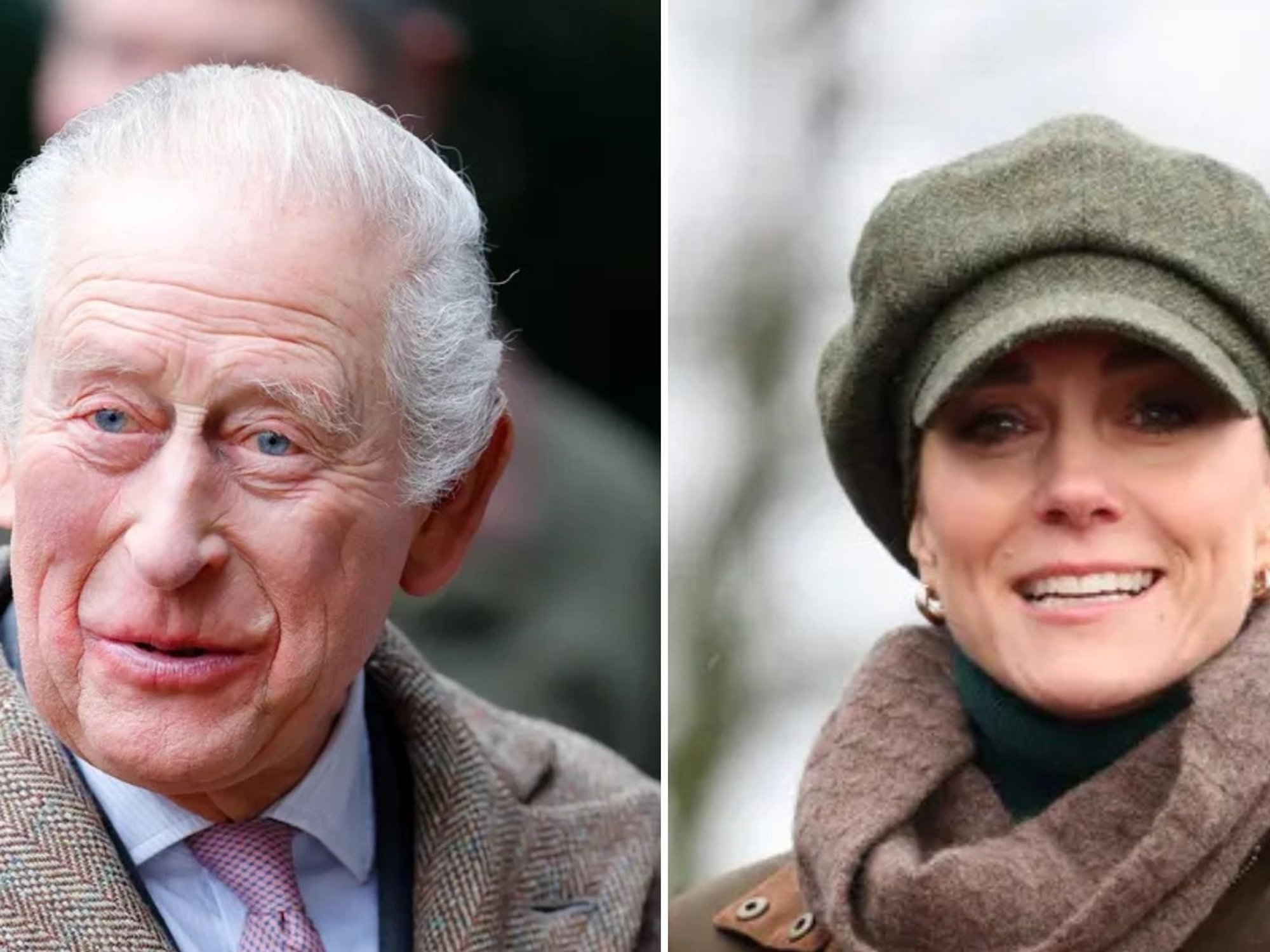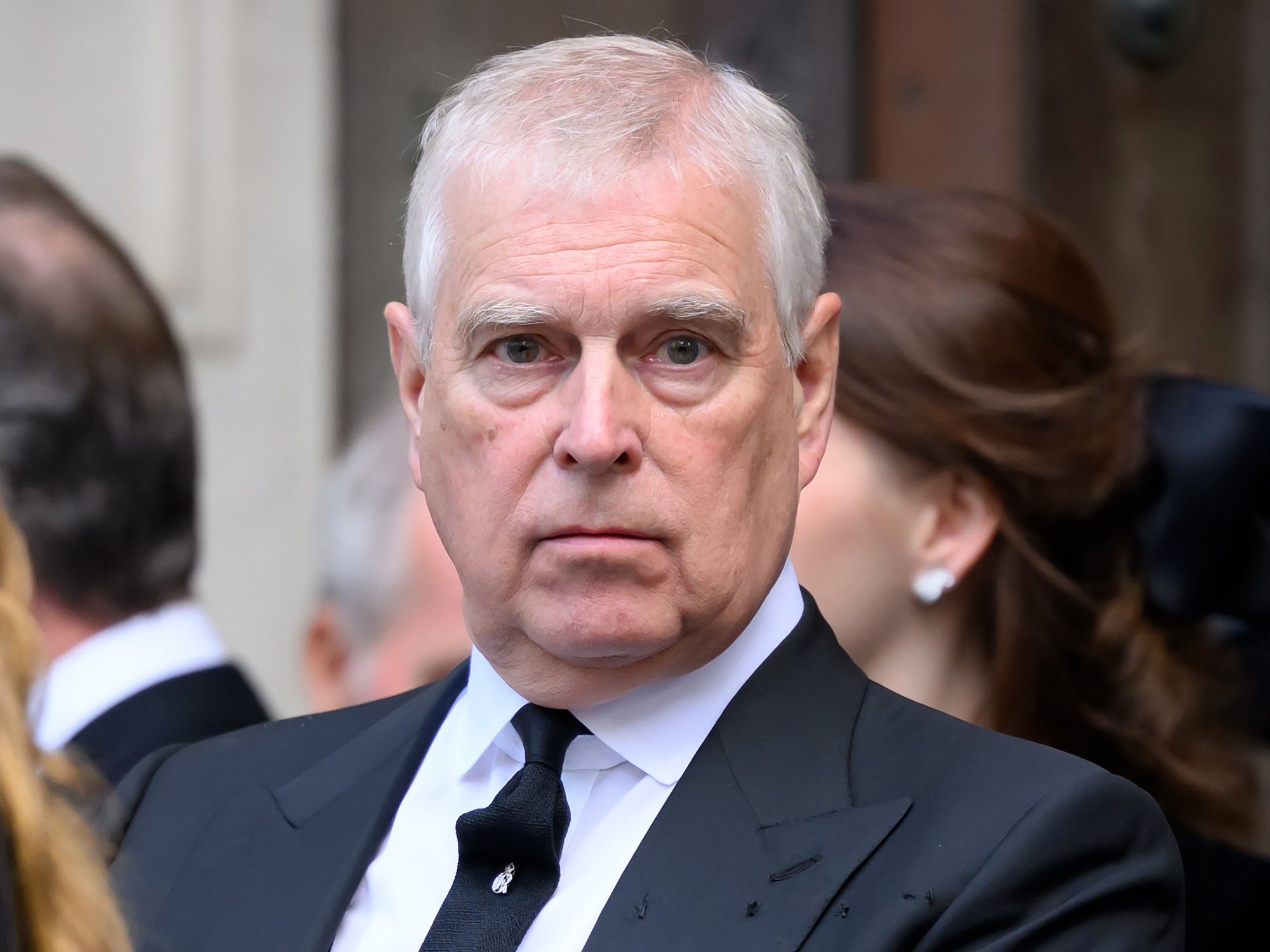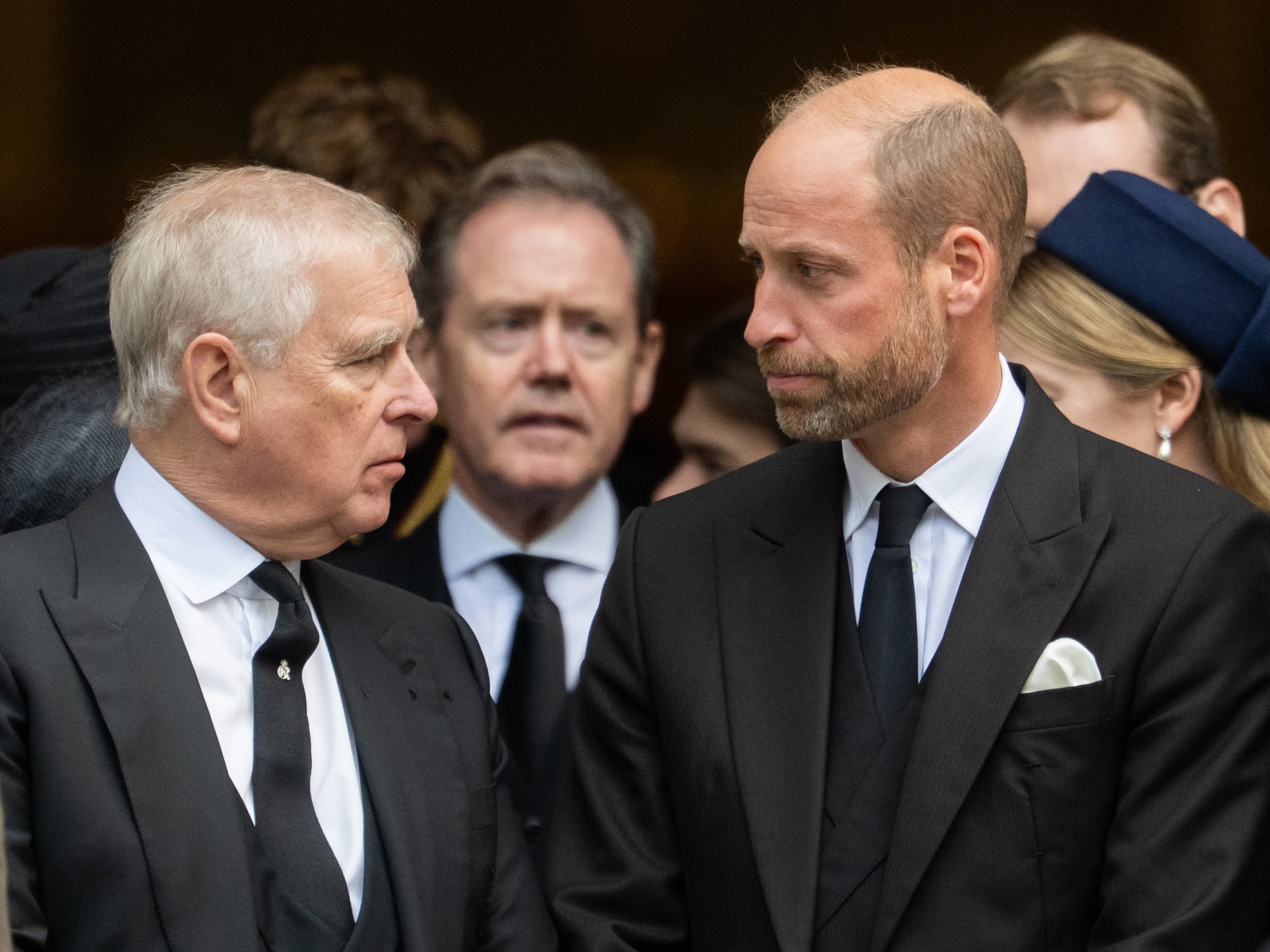Interest rates 'nearly certain' to fall to 4% as Bank of England prepares for trade war
EJ Antoni warns Bank of England 'should be worried' over exit of gold to US |
GB NEWS

The Bank of England has raised interest rates in an effort to ease inflationary pressures in the UK
Don't Miss
Most Read
Latest
Analysts are expecting the Bank of England to cut interest rates tomorrow as concerns mount over a potential global trade war and deteriorating economic growth outlook.
Most economists anticipate a reduction from the current 4.5 per cent to 4.25 per cent, however some analysts suggest certain members of the Monetary Policy Committee might push for a larger 0.5 percentage point cut.
This will be the first monetary policy meeting since US President Donald Trump's "liberation day" tariff announcements last month.
The decision, along with quarterly economic forecasts, will be published at 12.02pm rather than noon on Thursday. This two-minute delay is to honour the silence marking the 80th anniversary of VE Day.

The Bank of England is expected to cut interest rates significantly
|GETTY
Kallum Pickering, chief economist for Peel Hunt, said the "highly uncertain economic backdrop" would encourage policymakers to intervene by cutting rates.
Economists will be closely monitoring the MPC's forecasts for inflation and economic growth, which some believe could both be downgraded.
Some economists have warned that UK economic growth could slow sharply over the next two years because of Trump's plans.
"Although UK economic momentum has picked up appreciably since last December, and has surprised to the upside relative to depressed Bank expectations, rising global growth worries linked to the US's erratic and risky tariff policies pose fresh risks," said Pickering.
Do you have a money story you’d like to share? Get in touch by emailing money@gbnews.uk.
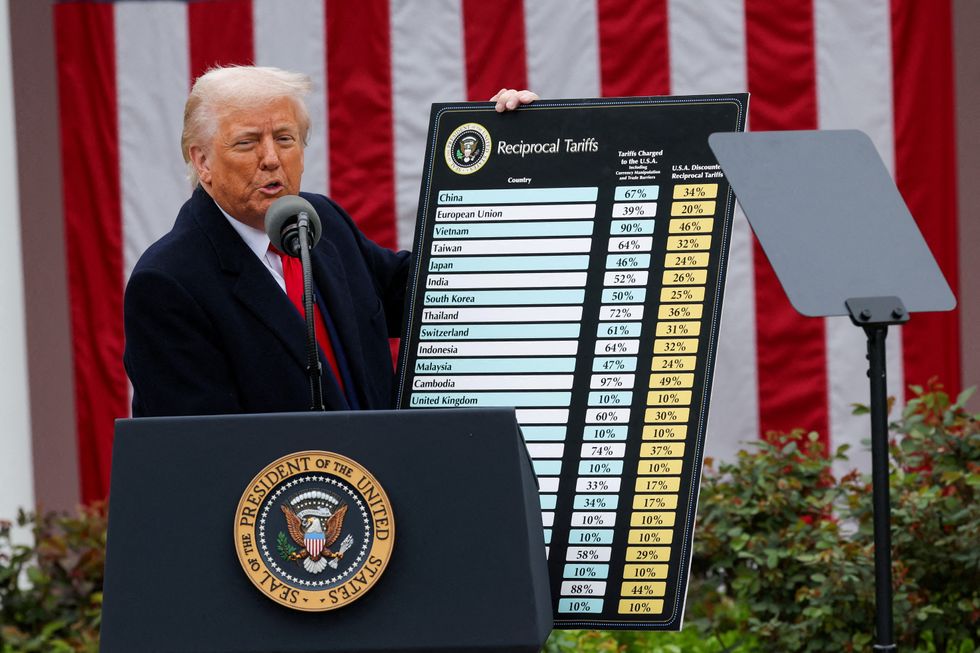
Donald Trump has made tariffs the focus of his economic agenda
| REUTERSLaith Khalaf, head of investment analysis at AJ Bell, said tariffs had caused a "massive reappraisal of the future path of UK interest rates". Inflation has fallen in recent months, suggesting to policymakers that interest rates can continue to come down.
Consumer Prices Index inflation slowed to 2.6 per cent in March from 2.8 per cent in February, according to the latest official data.
Importantly, services inflation – a metric closely watched by the Bank of England – fell to 4.7 per cent from five per cent. Sandra Horsfield, an economist for Investec, said it is a "near-certainty" that the Bank will reduce borrowing costs.
"What makes this month's decision easy is that virtually everything has pointed in the direction of lower UK inflation pressure," she added.
"As things stand, markets are focusing on the collateral damage to the UK economy rather than the potential for a trade war to ignite inflation once again.
"The effects of trade tariffs, once imposed, are highly unpredictable and could unleash both inflationary and deflationary forces."
LATEST DEVELOPMENTS:
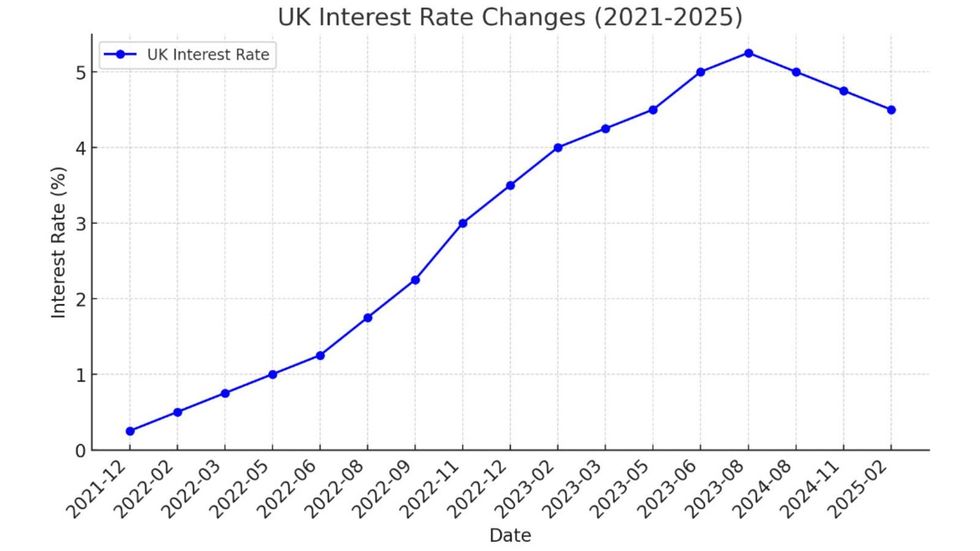 The Bank of England has made multiple changes to the base rate over the years | CHAT GPT
The Bank of England has made multiple changes to the base rate over the years | CHAT GPT Some economists suggest countries like China might re-route trade when facing higher charges on US exports. This could potentially lower import prices for other countries, including the UK.
Combined with a weaker US dollar and falling oil prices, these factors could put downward pressure on inflation.
Horsfield said while the MPC continues to work out the possible effects, its "game plan will be to reassure the public and markets that it stands ready to act if needed".
Pickering suggested downgraded forecasts could "provide a strong signal that policymakers are prepared to step up the pace of future rate cuts".








